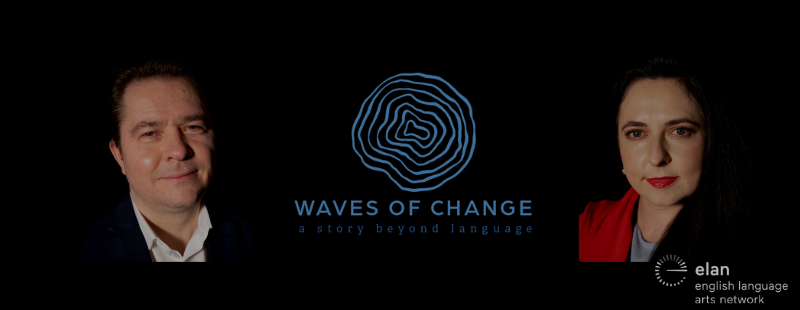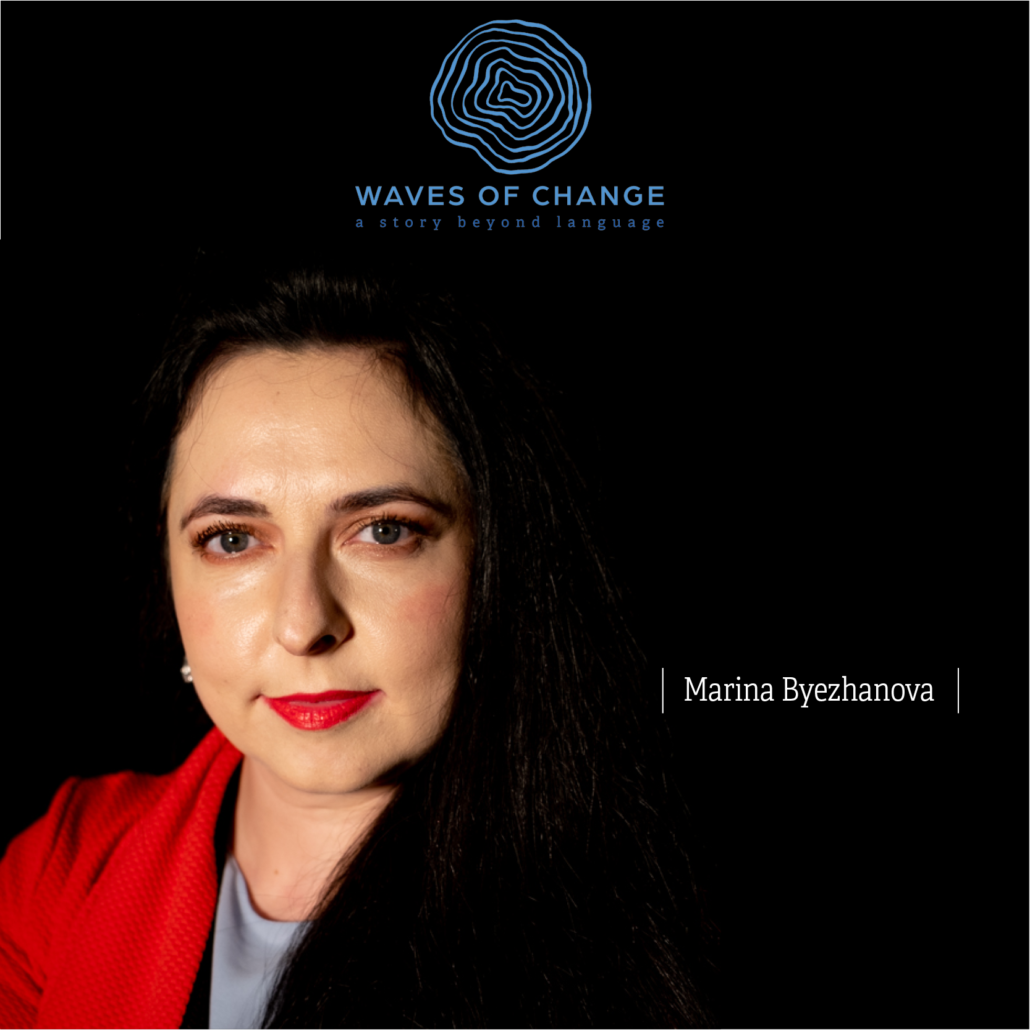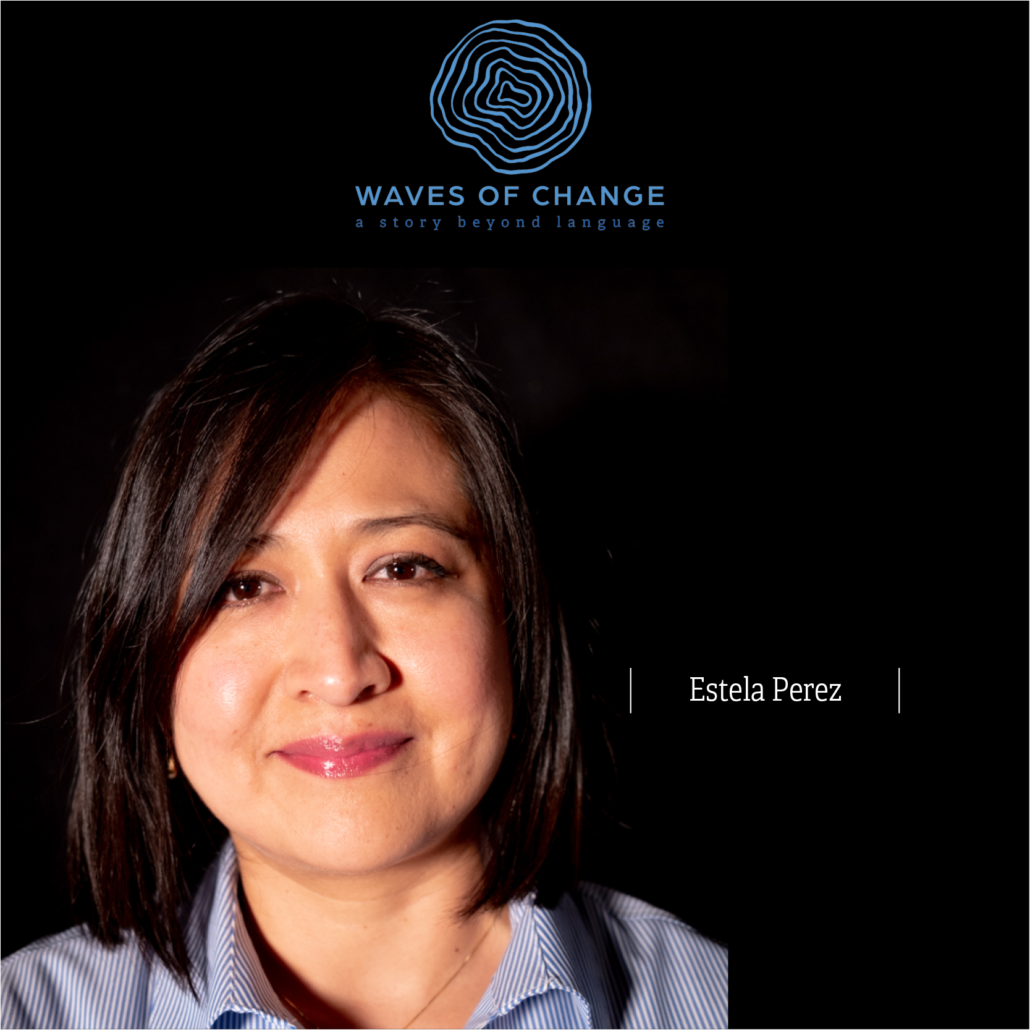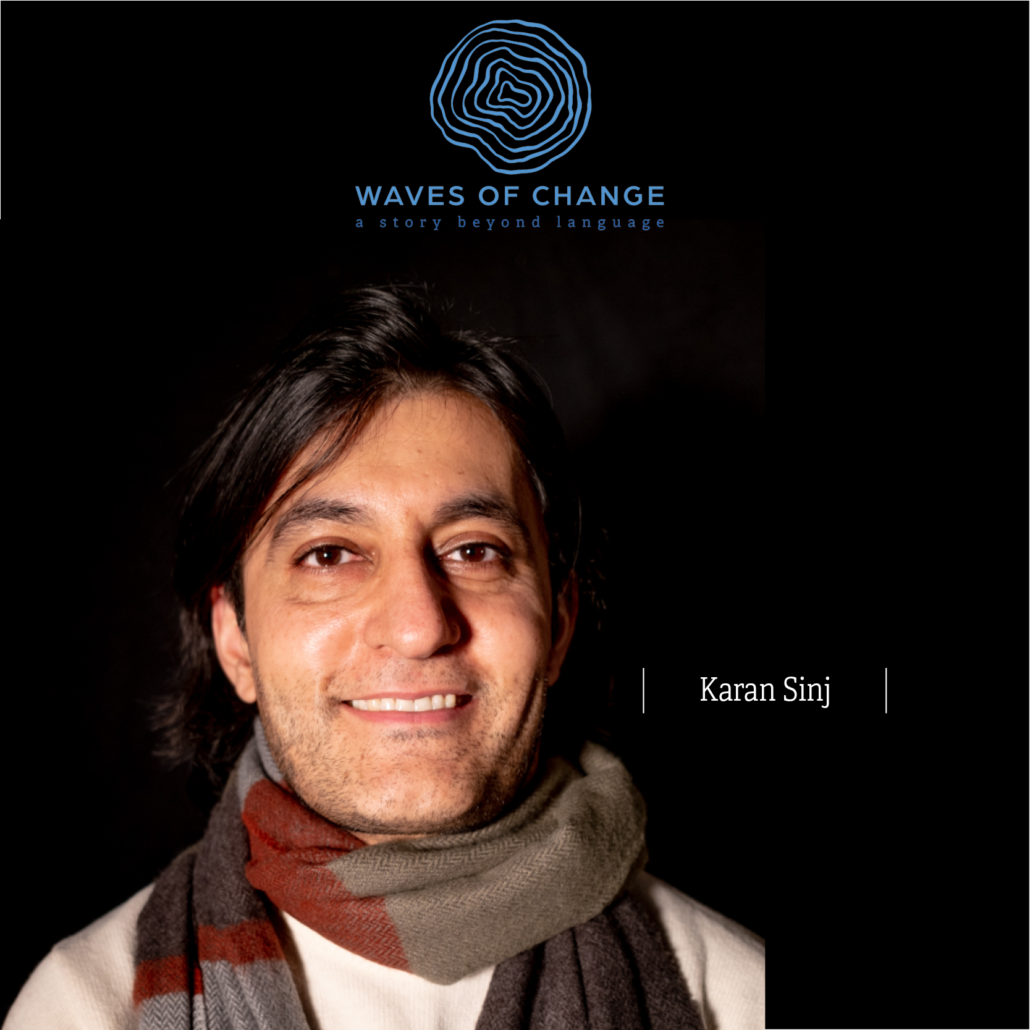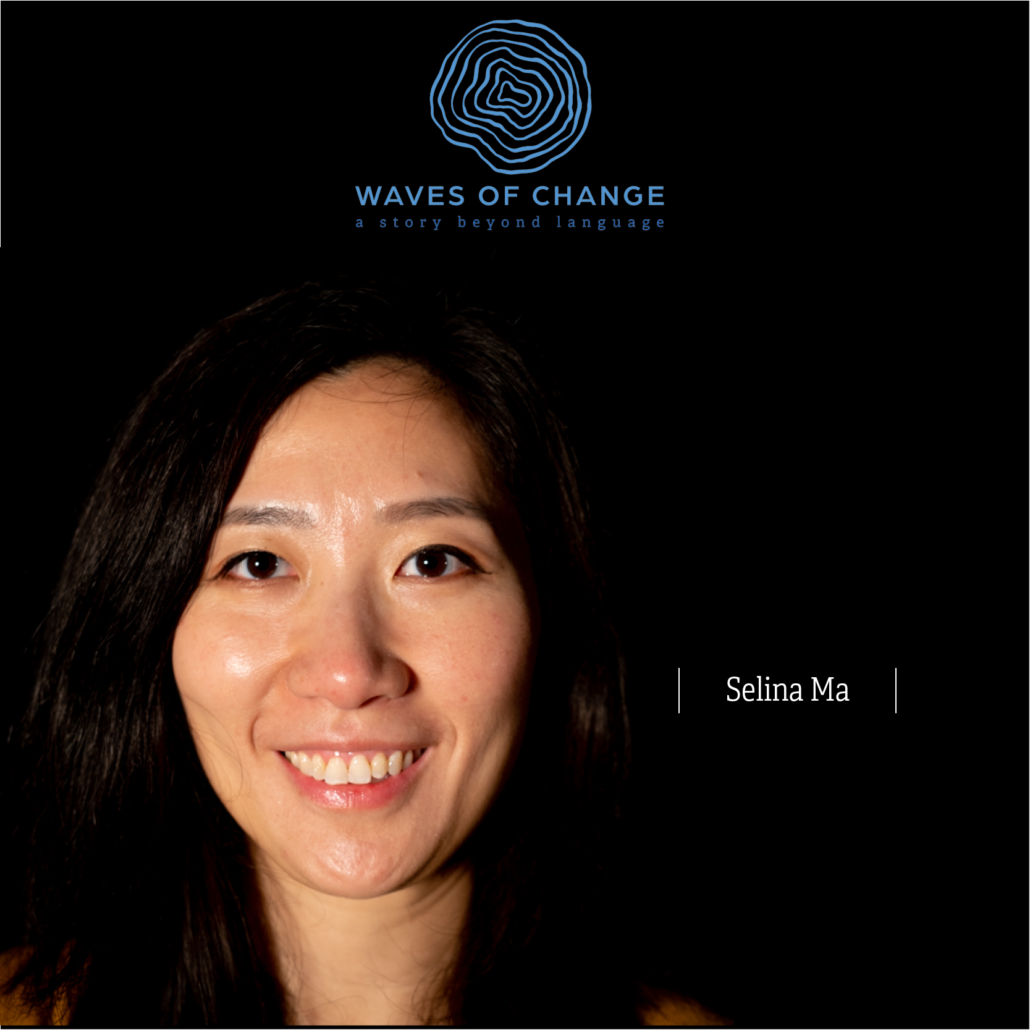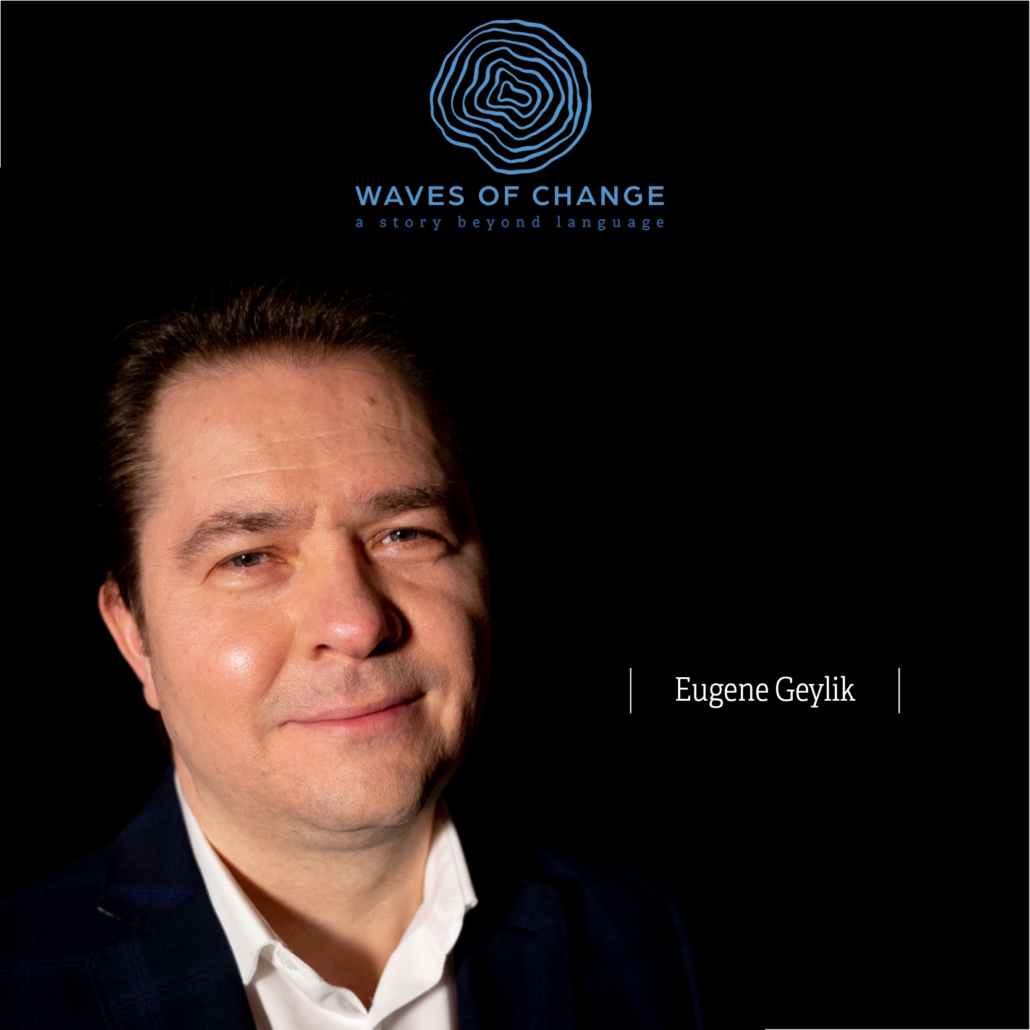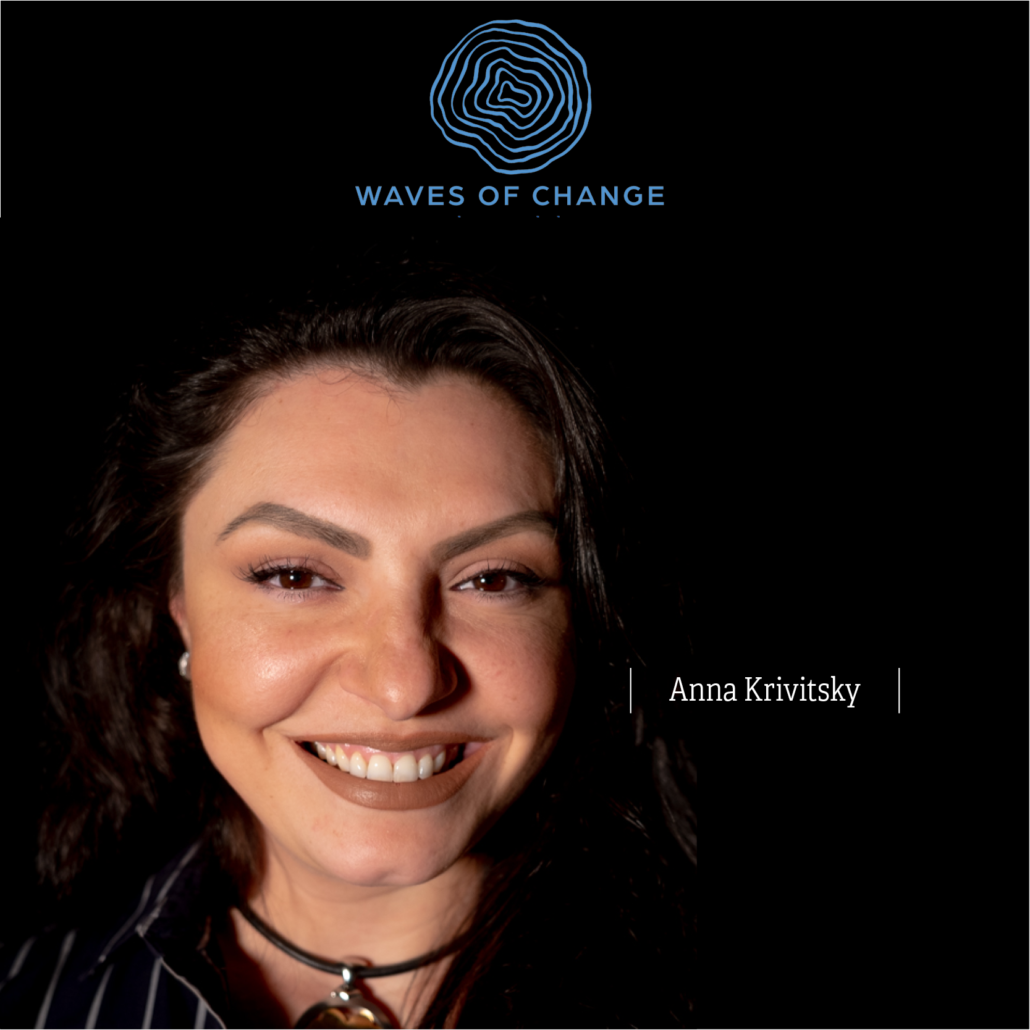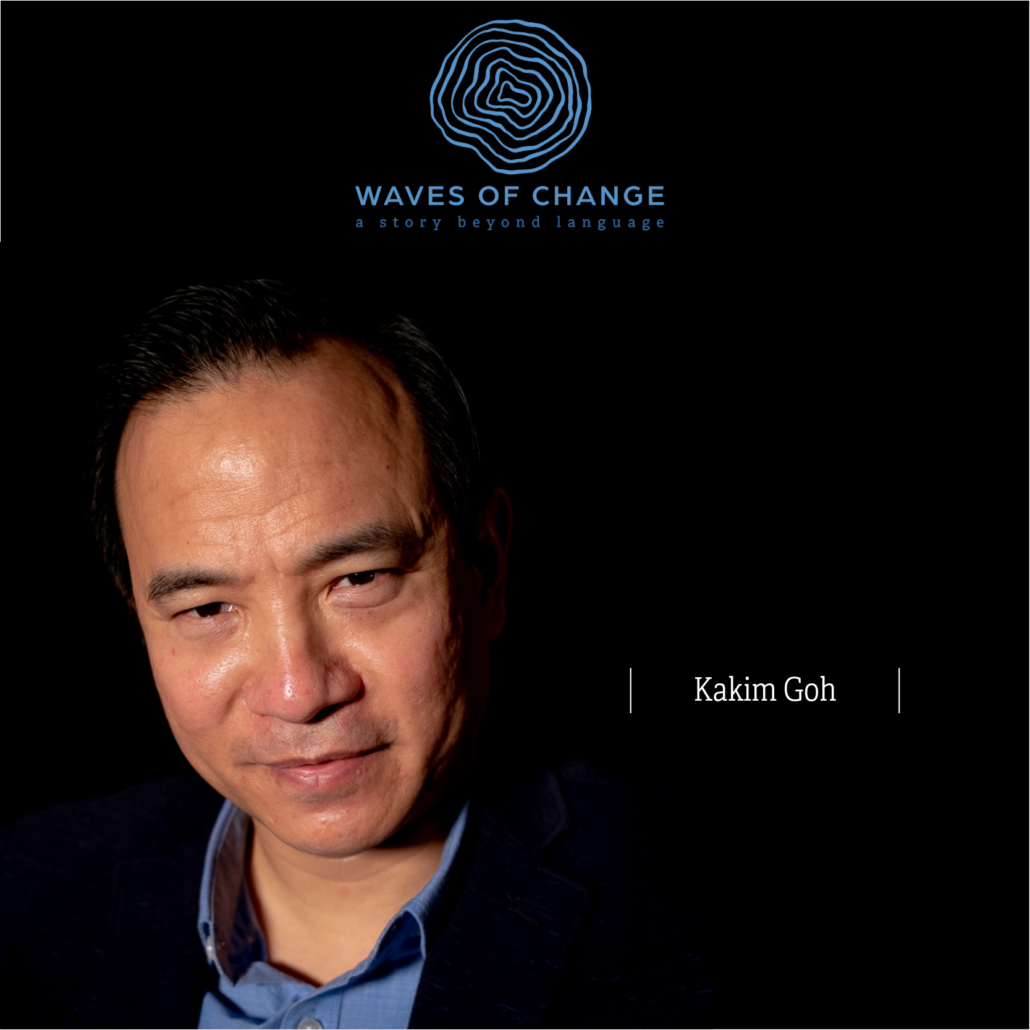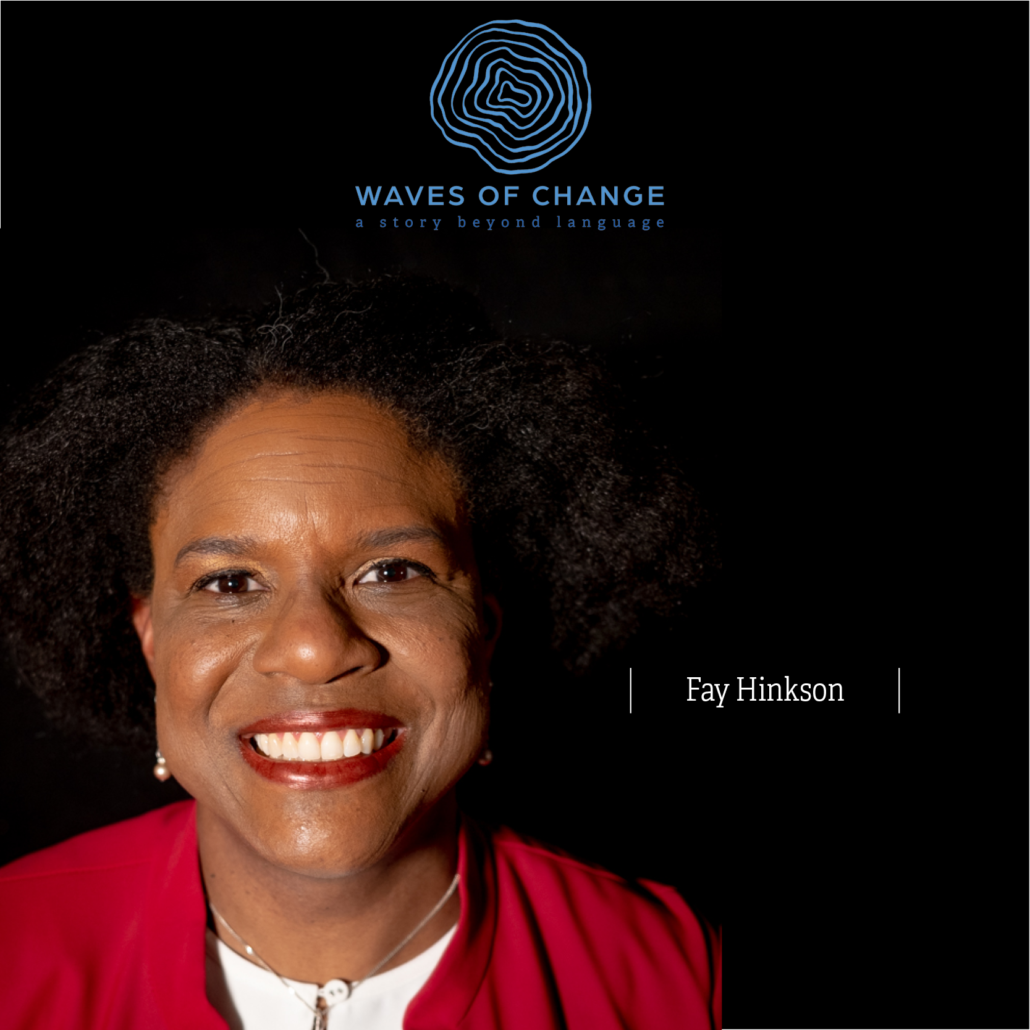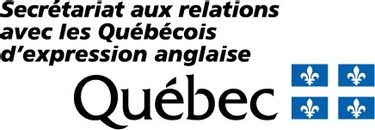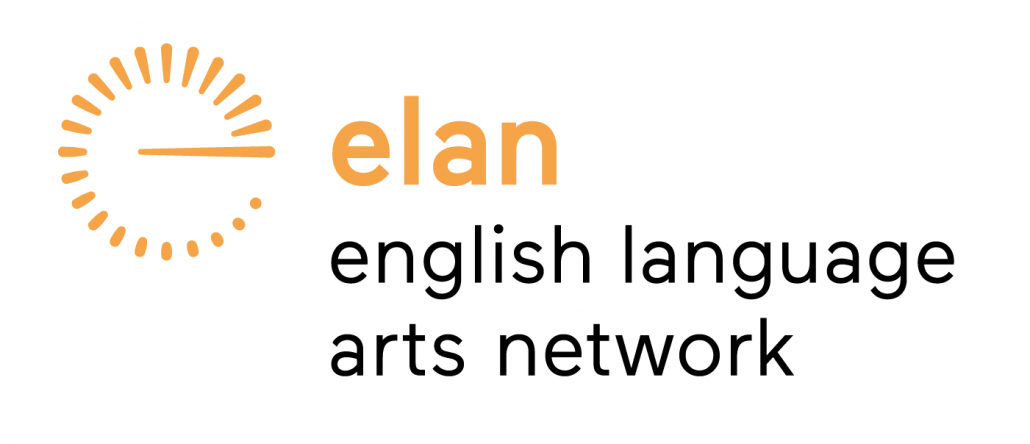The people you meet in this episode arrived during a period of new beginnings, following decades of political friction and economic stagnation. They talk about how they negotiated a place for themselves in Quebec’s evolving social contract.
Next month, we will complete the series with the final two episodes of Waves of Change – a story beyond language.
The Fourth Wave: Crashing the Party (1995-2010)
Photo stills and video by Youssef Shoufan
Episode 4: Crashing the Party
“We came in 1998, which means that we didn’t really have internet yet back at home. So we couldn’t research and prepare to build a support system as people who immigrate now do. When we came here, we felt quite lost. Everything was confusing, everything was new and daunting. It was quite hard.”
– Marina Byezhanova
“At the time, things were getting very serious in Mexico. There was a lot of violence and limited opportunities to make a living. We heard about Canada, specifically Quebec, that it was a peaceful area, a multicultural place to live in. So part of the charm was that this was a French-speaking province.”
– Estela Perez
“I knew just the fact that it’s a bilingual country. I didn’t know the details of the history and in terms of the two referendums, I had just a cursory knowledge. But I come from a multi-lingual country which has more than 20 languages, so I thought ‘How hard could it be for two languages to co-exist?’”
– Karan Sinj
“Before I arrived here, I knew there was a long complicated history between the Anglophones and Francophones in Quebec. But in my mind, I thought it was in the past. I wasn’t aware before arriving that political and social conflict still exists in Quebec. So for me, that was a shock.”
– Selina Ma
“Language is a tool. As many tools you have in your back pocket, the better. So I didn’t have any issues sending my son to a French school. We started in Vancouver, so he started in English and now he is perfectly trilingual or fourlingual. So he’s got a lot of tools.”
– Eugene Geylik
“I’m a mother of two girls. My older one is almost 14 and she started in classe d’acceuil in a public French school. I was very sad to find out that she was bullied by a teacher in la maternelle for being a child who did not speak French, and was not good enough to participate. She had to leave the classe d’acceuil.”
– Anna Krivitsky
“It’s quite incredible living here in Quebec, the amount of people who will say to me, ‘Oh, you’re so lucky that you’re of colour, because there’s all these programs for you. The government wants to hire you. You’ve got it made!’ But these same people actually wouldn’t hire me. It took 474 job applications and close to 60 job interviews to land my last permanent job, which I’ve since lost, due to COVID.”
– Kakim Goh
“I’ve never been hired by a French Québécois company, even though I came from France. But somehow, maybe it’s my name. I don’t know why, but I’ve never been hired by a French company.”
– Fay Hinkson
Project Manager: Guy Rex Rodgers
guyrodgers@quebec-elan.org
A graduate of the playwriting program at the National Theatre School of Canada, Guy Rex Rodgers has worked in film and television, and specialized in writing large-scale multimedia productions for museums and special events across Canada, as well as the US, Europe and the Middle East.
He has also worked in television, interviewing artists for the Montreal International Jazz Festival and writing TV specials.
He recently wrote a pictorial history book for Montreal’s Welcome Hall Mission to commemorate their 125th anniversary. He is also a musician and has recently performed in several editions of Tim Brady’s symphonies for 100 guitarists. In 2015 he was appointed to l’Ordre des arts et des lettres du Québec.
A long-time arts activist, Guy Rex Rodgers was co-founder of the Quebec Drama Federation (QDF) and the Quebec Writers’ Federation (QWF), was a member of the founding board of le Conseil des arts et des lettres du Québec (CALQ), and was Executive Director of the English-Language Arts Network from its inception in 2004 until 2021.
Project Coordinator: Betty Esperanza
See full bio here
betty@quebec-elan.org
Videographer: Youssef Shoufan
See full bio here

